News and events
Learn about recent IHRA activities and upcoming events.

Learn about recent IHRA activities and upcoming events.
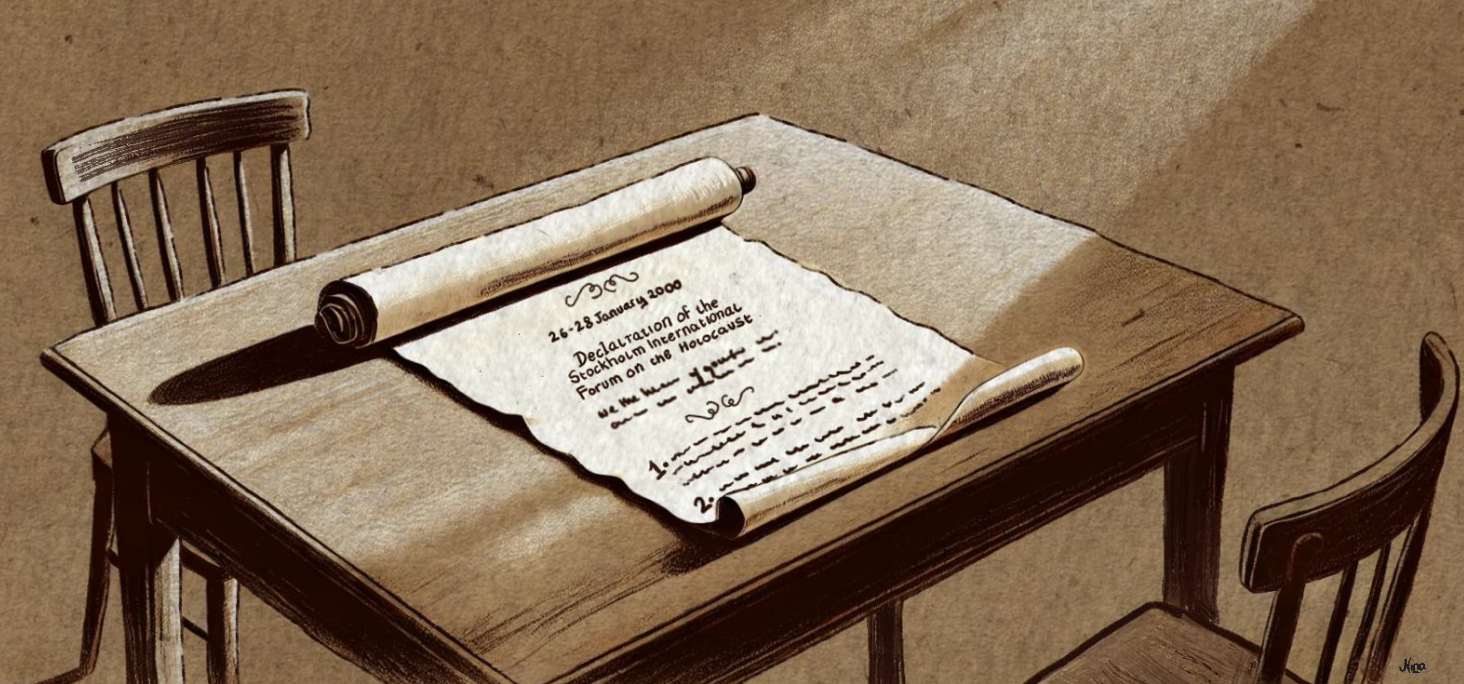

This reflection looks back at the 2000 Stockholm Declaration, whose principles have shaped Holocaust education, research, and remembrance globally. While IHRA’s work has since grown to include new focus areas and tools, the Declaration remains a foundational document in building international commitment.


The Co-Chairs of the Croatian Presidency of the IHRA deliver opening statements for the Holocaust Remembrance Conference on 23 January, 2024.
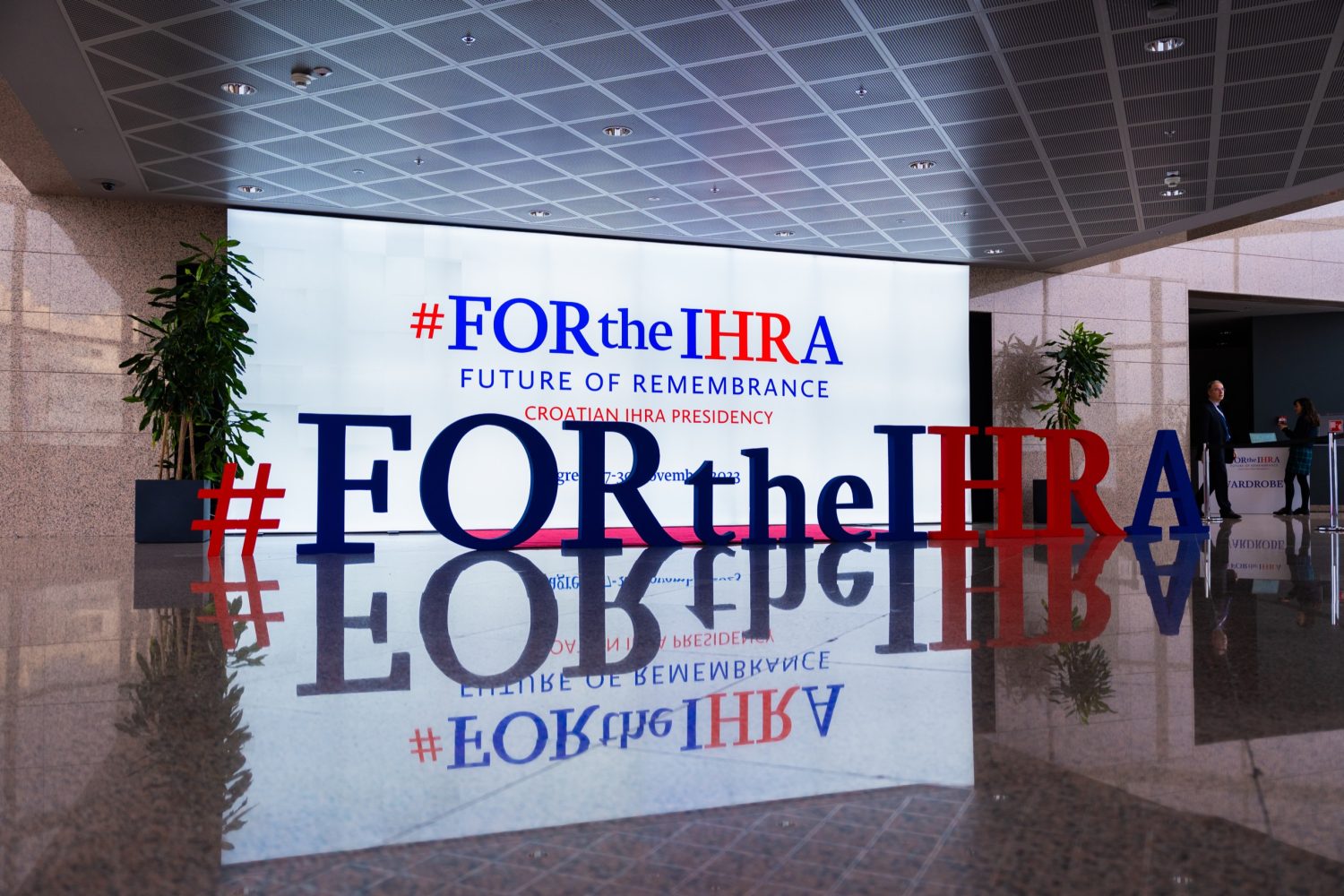

Held at a critical turning point for the future of Holocaust remembrance, the need to carry on the stories and courage of survivors guided 240 experts, political representatives, and representatives of international organizations and civil society throughout their meetings at the Zagreb plenary.
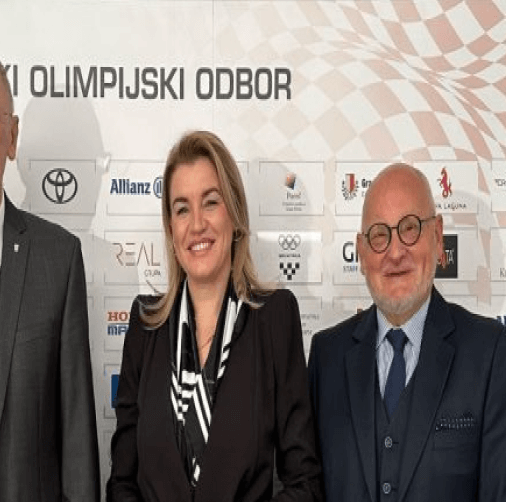

The HOC’s adoption of the IHRA Working Definitions is part of its Future of Remembrance initiative, which aims to fight against attitudes of intolerance, discrimination, and exclusion through and in sport.
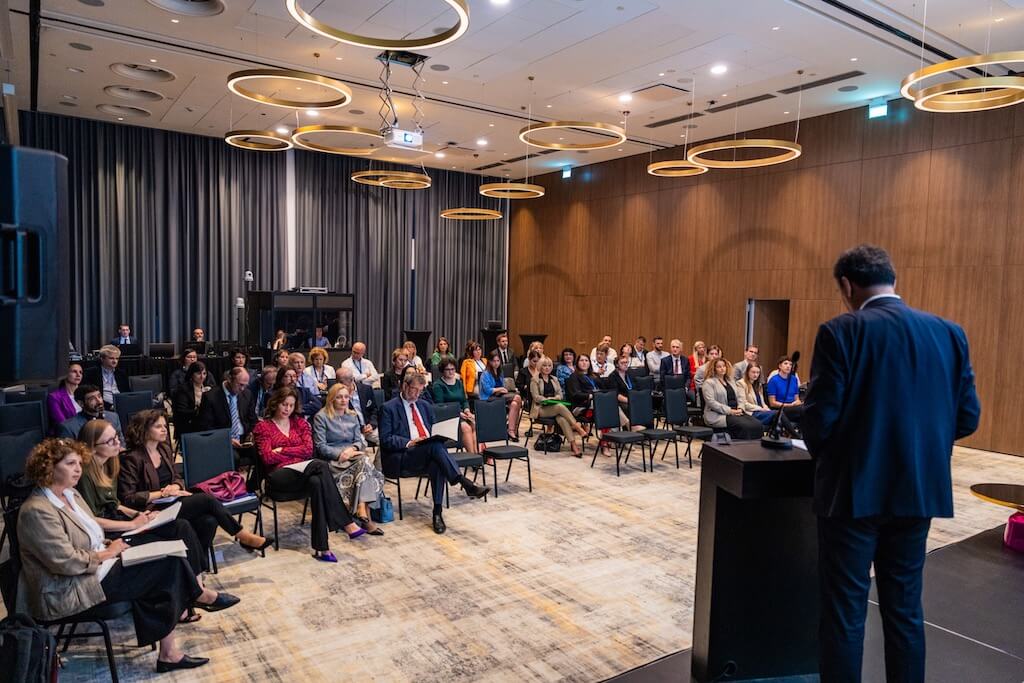

A new training for teachers and policymakers on countering Holocaust distortion and combating antisemitism was implemented for the first time this week in Zagreb.
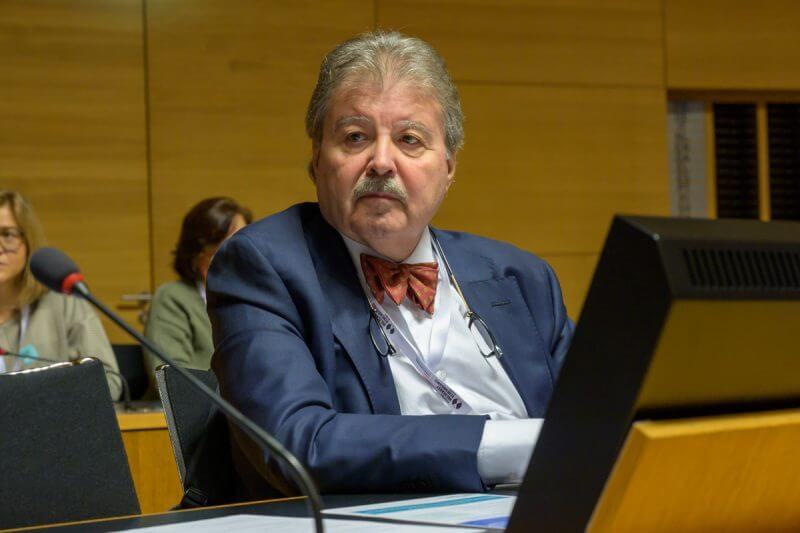

The IHRA Plenaries provide a place for Member Countries’ experts and those working at the political level to discuss contemporary challenges facing remembrance, education, and research of the Holocaust and Roma Genocide.
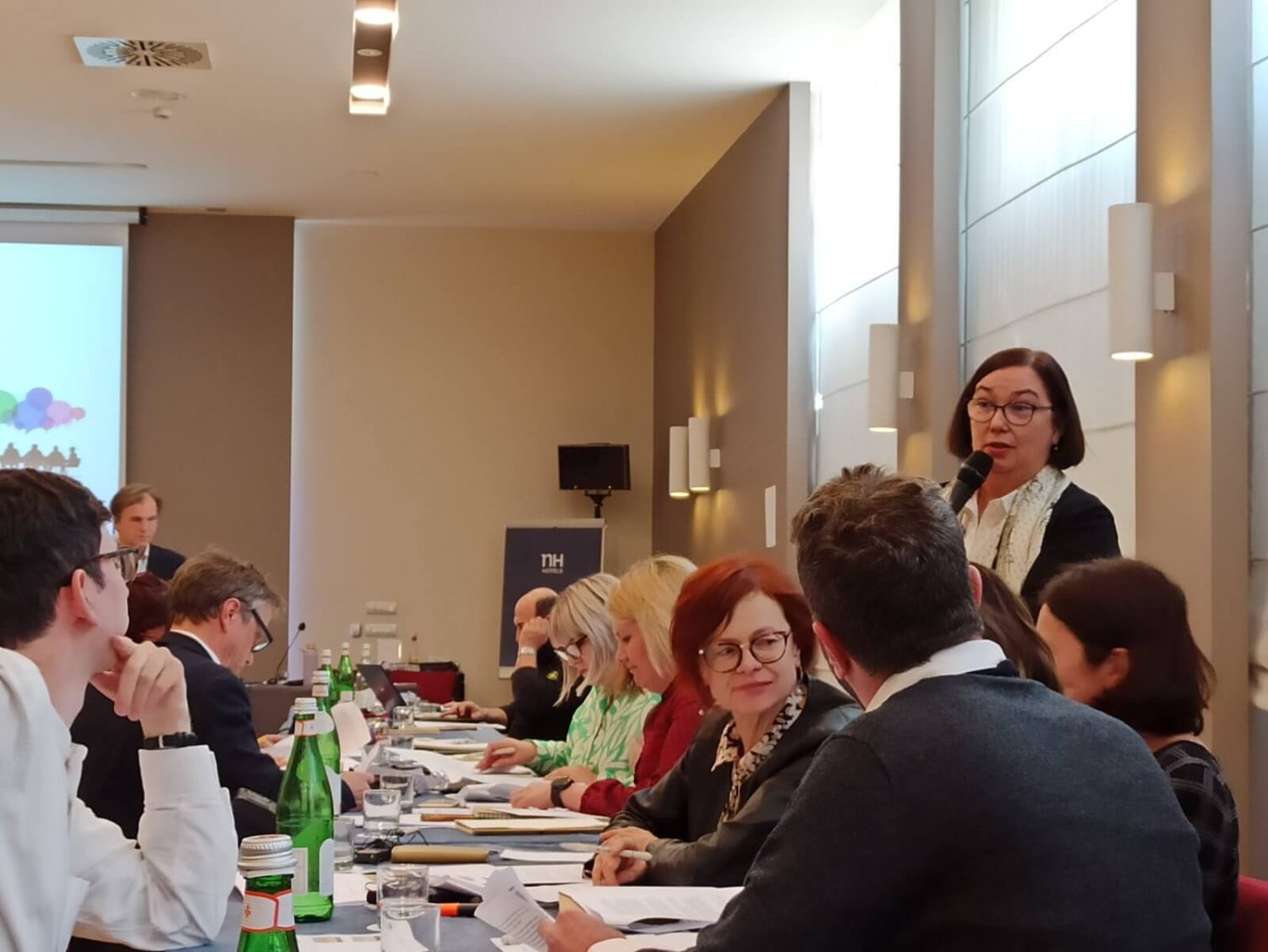

A conscientious education of the truth is one of the most effective ways of countering Holocaust distortion. Teachers are central to this effort.
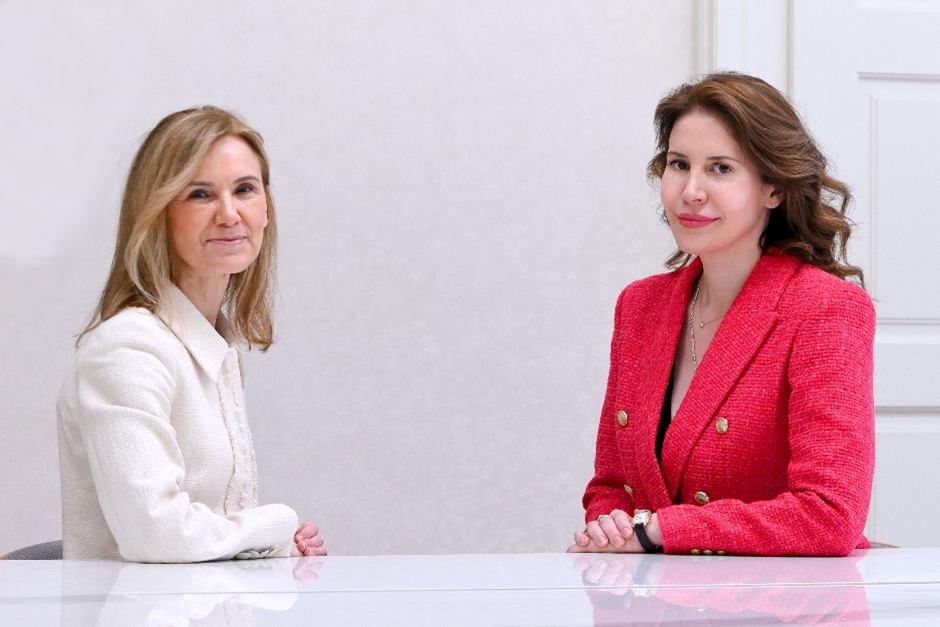

The Croatian IHRA Presidency began on 1 March 2023. In this Q&A, IHRA Co-Chairs Terezija Gras and Sara Lustig share their motivations for the year ahead.
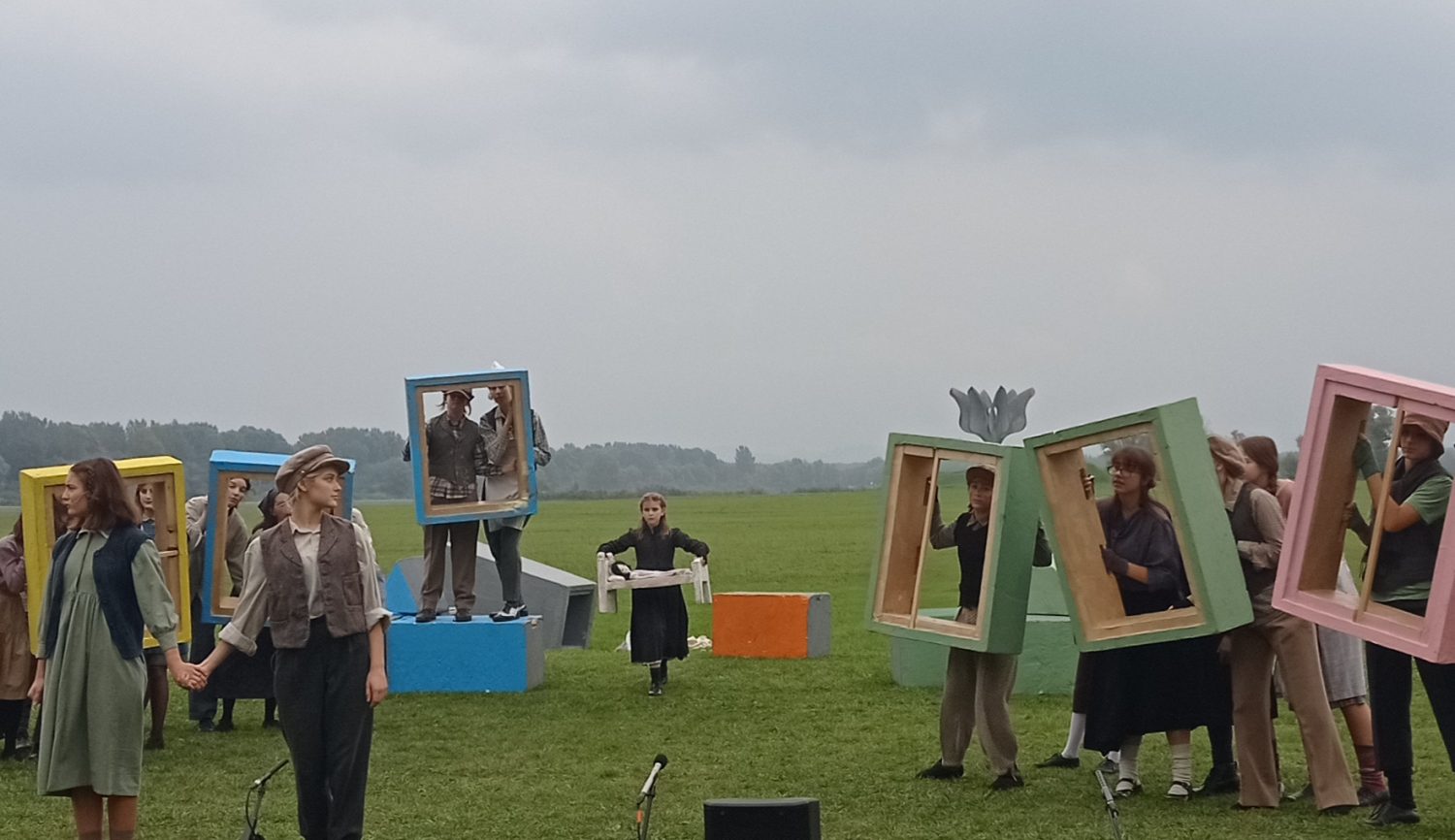

The children’s opera Brundibar, performed for the Danish Red Cross representatives at the Theresienstadt concentration camp-ghetto speaks out against every form of tyranny through the story of children who experienced unimaginable crimes.
By signing up to the IHRA newsletter, you agree to our Privacy Policy